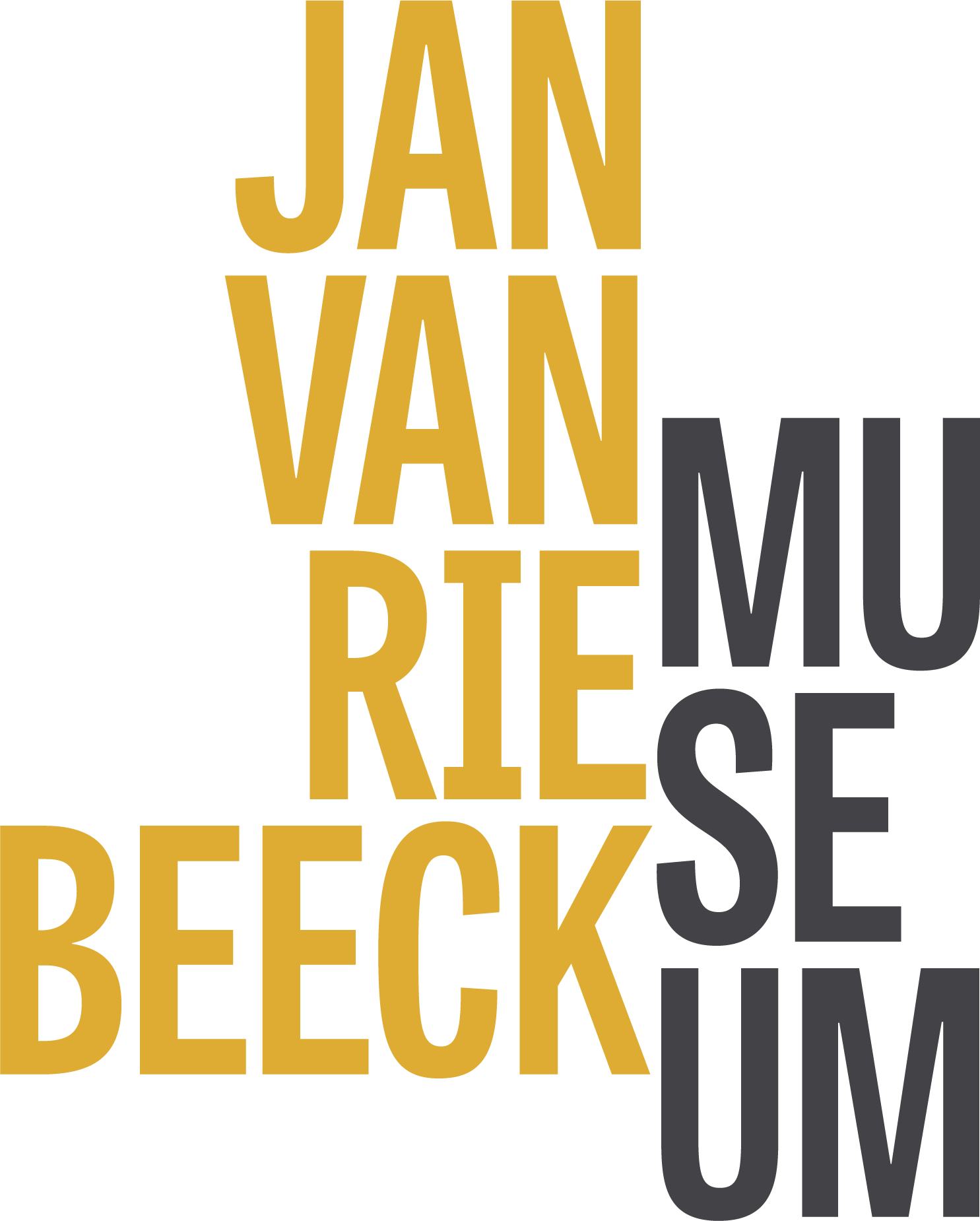Activities like painting, sculpting, drawing, and photography can lower stress levels – providing a distraction from occupying thoughts. They can induce meditative-like states, which temporarily push aside worries. The act of producing art is great for boosting drive, focus, and concentration, and enhances creative thinking and problem-solving skills. It encourages emotional awareness and forward-thinking. And ultimately it leaves us with a sense of accomplishment.
Here you have to differentiate: There is “art for everybody,” and there is art for a very exclusive group. That is where the prices explode. It has nothing to do with the pictures; those stay the same. But it has to do with the fact that some people have too much money and art belongs to the luxury goods market.
In the meantime, an extreme situation has taken over the art market. On the one hand, artists like Damien Hirst can attain the highest prices while, on the other hand, just one to three percent of graduates from art academies can afford to live from their art. It is these polar opposites that the exhibition is trying to showcase.
You could theoretically take yourself off the market, but then you wouldn’t know where the rent will come from next week. To do that, you would have to have additional sources of income. The art historian Wolfgang Ullrich came up with the term “Siegerkunst,” or “victor’s art,” which says that in order to be successful today, art needs to fulfill certain criteria: It must be international, global, easily understood, and available in a large quantity. And when someone creates art that doesn’t meet those standards, which is, for example, too flighty or difficult to retain, then it is avoided automatically.



